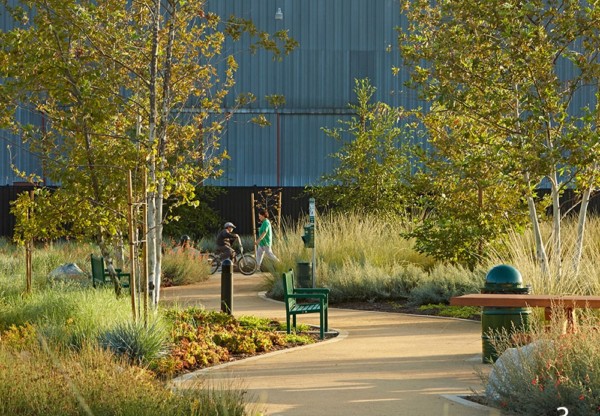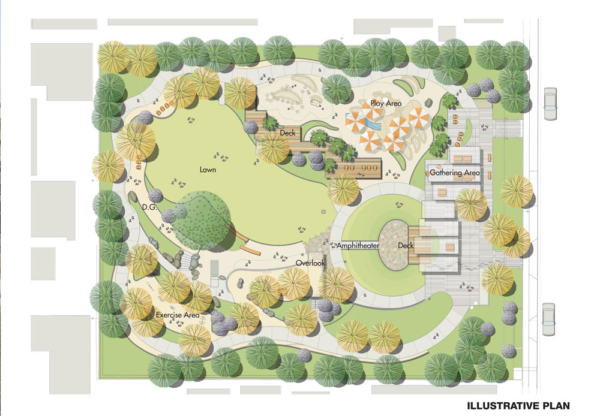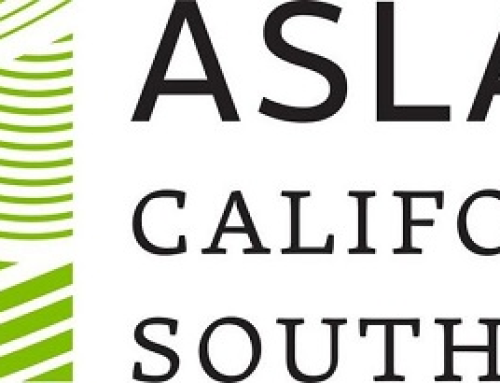Over 4,000 state legislative bills were introduced by late February in Sacramento (a record number for the beginning of the state’s two year legislative session). Among the many bills are several measures that could impact many state licensees if legislators decide to make the entry into different professions easier. The upside for the agencies is, with more licensees, comes more licensee revenue. The downside question is “will the entry of less educated and experienced licensees impact the health, safety and welfare of the state’s consumers?”
A number of Bills are on the “watch list” and your State Association, the California Council of ASLA (CCASLA), will be reviewing these in the next month to determine the impacts on you and the State’s consumers. For a list of Legislative Bills, Learn More Here
If you have an interest in reading the actual language of the bills, you can upload a copy of each bill at the following website – http://leginfo.legislature.ca.gov
On March 17 and a date to be determined in April, your licensing agency (the Landscape Architect Technical Committee) held an Education Forum to discuss what types of degrees that the LATC might accept to be qualified to sit for the Landscape Architect Review Exam (LARE) and to consider giving licensee reciprocity to landscape architect licensees that are licensed landscape architects in other states but do not hold a degree in landscape architecture.
The CCASLA testified at the March forum and asked the LATC Directors to consider the following recommendations when they determine the types of college/university degrees and experience when determining when a licensee applicant can sit for the LARE or be granted a reciprocal license in the state of California.
1. Should other (related) degrees be allowed to meet the education requirement to sit in California for the licensing exam?
The concern is that the comparison should be on the commonality of subject matter of the related field’s curriculum, not what other states do. Basing it on other states law overlooks the rationale and commonality used by each state.
CCASLA recommends that the LATC Education Subcommittee look at this and make recommendations based upon such a comparison of the rationale and commonality of subject matter used by various states to determine if it meets the standards set by the LAAB.
2. Should the LATC continue to review/approve the Extension Programs?
The concern is that the credit given to Extension programs is equal to landscape architecture degrees because of the synchronous review standards, i.e. Curriculum and other LAAB key standards. The majority of Extension Program students have degrees; some have advanced degrees. Typical accrediting organizations for universities do not play a role in the process of approving landscape architecture degree programs. The section of the Landscape Architects Practice Act, 2620.5 Requirements for an Approved Extension Certificate Program requires an approval process.
CCASLA recommends that, with input from the two California Extension Programs, that the LATC Education Subcommittee look at this and make recommendations based upon the state’s and LAAB key standards.
3. Should the LATC consult with the CLARB Board which has drafted and will adopt model licensure “best practices” before adopting new California standards?
CLARB has drafted a new model law that addresses this issue as a “best practice” for all of North America. What they have crafted may address the LATC’s concerns as well as the Extension programs and their reciprocity/comity issues. However, the draft model law is not yet ready for public consumption as it is due to be voted on by CLARB members in fall of 2017.
CCASLA recommends that the LATC wait for the adoption of CLARB’s model licensure “best practices” and use that as a model when determining what standards to use for LARE examination and California Supplemental Exam requirements and find any reciprocity guidance in their model that will help LATC adopt similar reciprocity guidelines.






